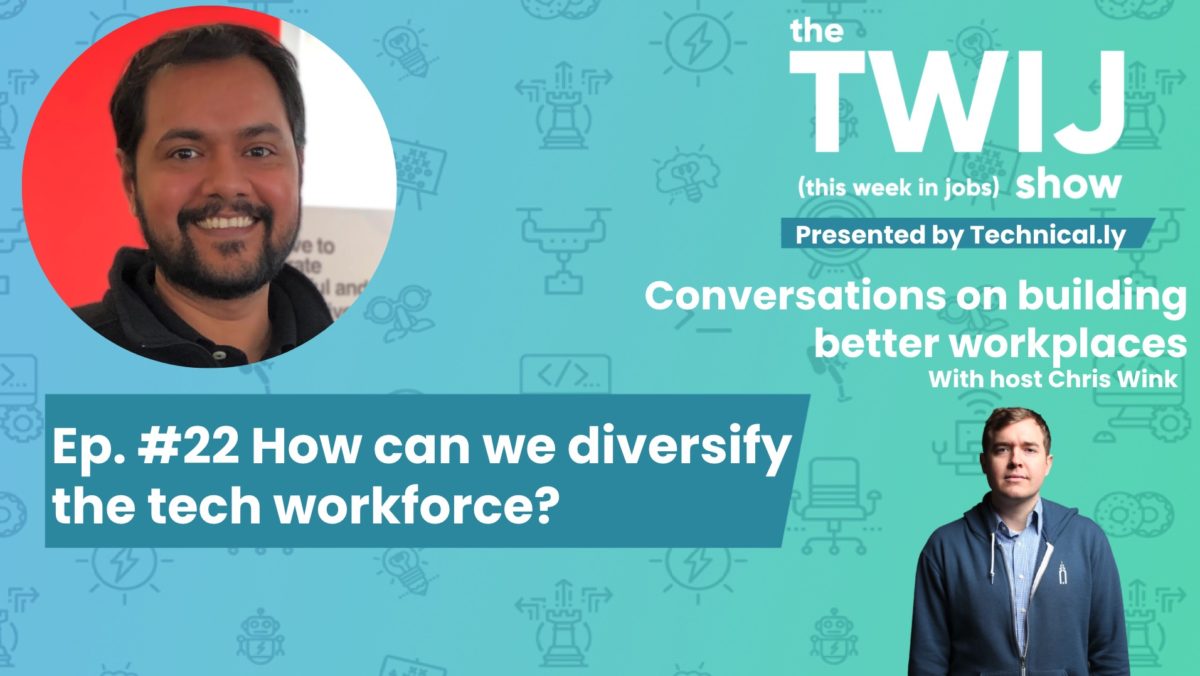When confronted with a big problem, we often look for a big solution. The risk, then, is that we might either dismiss the small, partial solution, or over-hype it to resemble something bigger than it is.
Consider the humble coding bootcamp and the tortured problem of diversifying a technical workforce.
This model of intensive, weeks- or months-long vocational-style training in basic software, web development and the like has emerged — and consolidated — in the last decade. To some, coding bootcamps are a powerful means for solving a skills gap between a workforce and employers. To others, the model is a scourge, preying on those desperate for job prospects and willing to be sold a dream.
Instead, you might consider them as a still-nascent model for adapting continuing education to the digital era. When designed with accessibility in mind, coding bootcamps are a small, partial solution for increasing representation among tech talent. Don’t dismiss them. Don’t overhype them. Consider them part of the solution.
So says Nimit Maru, the cofounder and CEO of Fullstack Academy and its Grace Hopper Program.
I called on Maru to join me for this week’s TWIJ Show, a weekly interview series from Technical.ly on building better workplaces. The topic at hand was the heady and ever-present challenge: The roles that build the software that powers the world are still not filled by a group of people who look broadly like the communities they serve.
He said he fears it’s too easy to fall into either extreme — assuming this old problem is being solved sufficiently, or assuming no progress has been made entirely.
“There’s a careful balance you have to keep. The optimism helps spur new investment,” Maru said. “But you need to remember how hard this is, too.”
This year, Fullstack Academy announced its Opportunity Fund, which offers tuition-free classes for select Black and brown students. But he notes other obstacles persist: Investing the time for preparing and going through an intensive bootcamp requires a safety net that too few have. His point is not that the Opportunity Fund or Fullstack Academy or even coding bootcamps generally are the solution. His point is the tech companies need to recognize the many inputs needed to make change.
“You can’t lose the motivation,” Maru said. “The road is long.”







